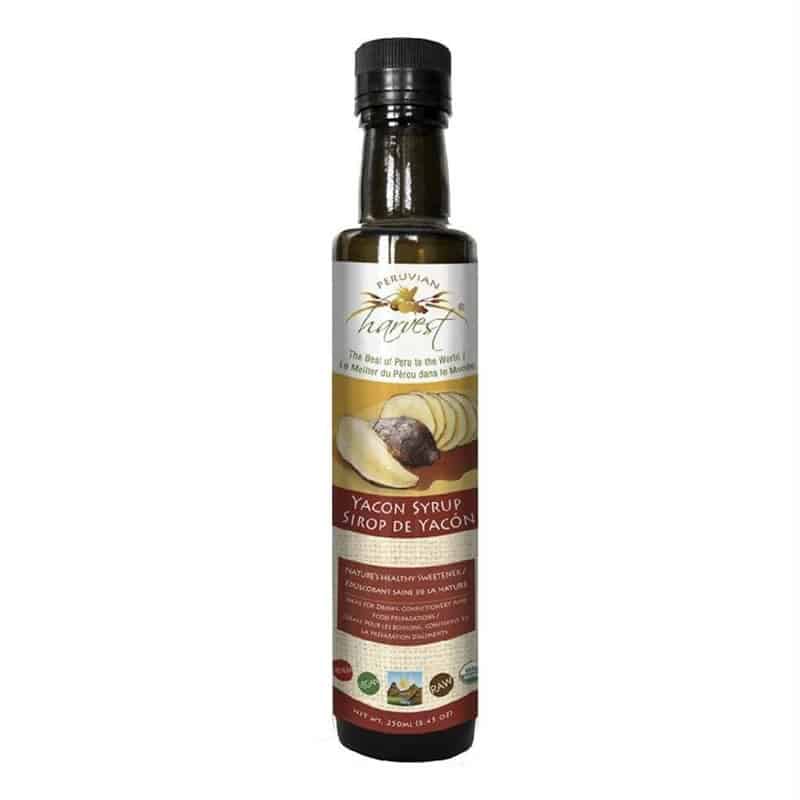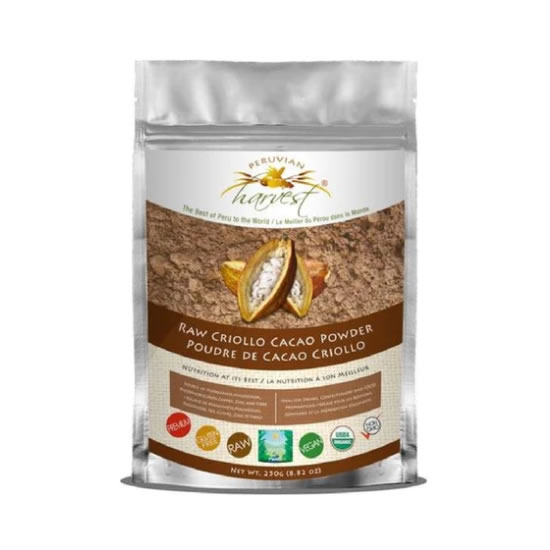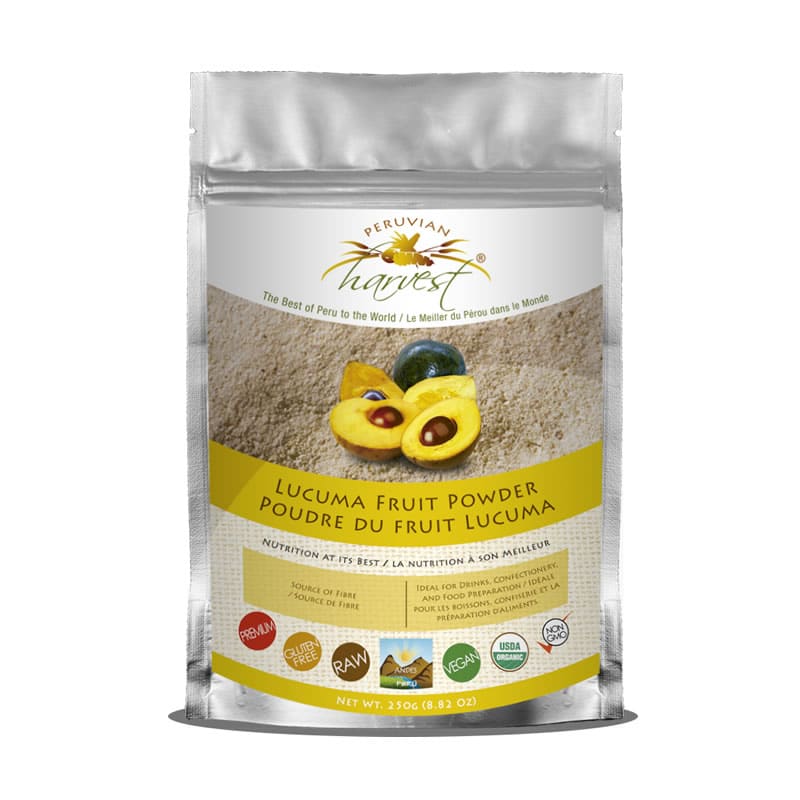No products in the cart.
Do NOT Drink Diet Coke
Perhaps a friend has forwarded you an email from “Nancy Markle,” which sets out to document the dangers of the artificial sweetener, aspartame, manufactured by Monsanto. Aspartame is the basis of NutraSweet and Equal, flavors Diet Coke, Diet Pepsi, and other drinks, and sweetens a host of foods you or I wouldn’t even begin to suspect. The email, together with a number of websites, credits the artificial sweetener with nearly every woe known to humankind, from MS to Gulf War syndrome. In the words of the letter:
“If you are using aspartame … and you suffer from fibromyalgia symptoms, spasms, shooting pains, numbness in your legs, cramps, vertigo, dizziness, headaches, tinnitus, joint pain, depression, anxiety attacks, slurred speech, blurred vision, or memory loss – you probably have aspartame disease.”
“You probably have aspartame disease” is a gross overstatement, but so is the term “urban legend” loosely bandied about in various pro-aspartame articles on a number of websites, at least one industry-sponsored. The scientific evidence may fall well short of pinning an actual rap on the sweetener, but it is sufficient enough to raise a legitimate concern.
Three byproducts of aspartame are methanol, formaldehyde, and formate, which defenders maintain occur in modest amounts – similar to what is found in fruit juices – and cannot be considered toxic. But according to Michael Schachter MD in an article on HealthWorld, the methanol in juices is chemically bound so it cannot be absorbed into the body whereas in aspartame it is in a free state where it can be absorbed. Additionally, in aspartame the methanol is unaccompanied by ethanol which acts as a protectant in its natural state.
A Medline search reveals divided opinion over whether aspartame consumption can lead to worrisome build-ups of blood methanol or formaldehyde. A 1998 Spanish study on rats, for example, warns “that aspartame consumption may constitute a hazard because of its contribution to the formation of formaldehyde adducts,” while a 2002 Japanese study on rats concludes: “It is suggested that aspartame at abuse doses is harmless to humans.”
A survey of aspartame studies by Ralph Walton MD of Northeastern Ohio Universities College of Medicine found: “Of the 166 studies felt to have relevance for questions of human safety, 74 had NutraSweet industry related funding and 92 were independently funded. One hundred percent of the industry funded research attested to aspartame’s safety, whereas 92 percent of the independently funded research identified a problem.”
One in 15,000 people may not properly metabolize phenylalanine, an essential amino acid found in aspartame. The substance is a precursor to tyrosine, a building block of norepinephrine and dopamine, but, in the words of the FDA: “High levels of this amino acid in body fluids can cause brain damage.” Accordingly, the FDA duly requires a warning that all products containing the sweetener be labeled for the substance. Newborns are routinely screened for phenylalanine metabolism (the PKU test), which rules out the likelihood of an unsuspecting consumer gulping down hemlock.
The FDA approved aspartame for use in certain dry foods in 1981 and for soft drinks in 1983. In 1996, it removed all restrictions, allowing use in all food products, including ones exposed to heat, which separates the main ingredients. The FDA has set an acceptable daily limit of 50 mg per kg of body weight, which assumes that aspartame can safely replace all sucrose sweeteners in the diet. The FDA approval, however, should not be equated with safety, particularly in light of how the product got the green light. In 1980 a three-member board of inquiry examined the test results of Searle, the pharmaceutical arm of Monsanto that manufactures aspartame.
Although they thought the sweetener did not cause brain damage, they concluded more studies were needed to conclusively demonstrate the product’s safety. A five-member panel then decided 3-2 that Searle’s safety studies were not conclusive. Nevertheless, commissioner Arthur Hull Hayes overruled the board’s recommendations, and granted approval for aspartame’s first two approvals in 1981 and 1983. Within three months of the 1983 approval, Hayes resigned from the FDA and accepted a position as a paid consultant in Searle’s PR firm. (This is set out in two GAO reports, which nevertheless absolved both Hayes and the FDA.)
Meanwhile, the agency stands behind its original approval in 1981:
“FDA calls aspartame … one of the most thoroughly tested and studied food additives the agency has ever approved. The agency says the more than 100 toxicological and clinical studies it has reviewed confirm that aspartame is safe for the general population.”
Fine, but can those who suffer depression or bipolar disorder be considered part of the general population? In 1993, Dr. Walton, who is a psychiatrist, conducted a study of 40 patients with unipolar depression and a similar number without a psychiatric history. The subjects were given 30 mgs per kg of body weight a day of aspartame or a placebo for 20 days (about equal to daily consumption if it completely replaced sugar).
Thirteen individuals completed the study, then an institutional review board called the project to a halt “because of the severity of reactions within the group of patients with a history of depression.” In a smaller, shorter crossover design, “again there was a significant difference between aspartame and placebo in number and severity of symptoms for patients with a history of depression, whereas for individuals without such a history there was not.”
Accordingly, the author concluded that “individuals with mood disorders are particularly sensitive to this artificial sweetener and its use in this population should be discouraged.”
As to further particulars of the study, based on the eight depressed subjects and five healthy subjects who completed it:
Three quarters of the patients with a history of depression taking aspartame reported feeling depressed vs none of the healthy subjects taking aspartame and about 40 percent of both groups taking a placebo. The 40 percent is probably a statistical aberration owing to the small numbers who completed the study. Nevertheless, the figures consistently show the depressed/aspartame group experiencing an array of symptoms in far greater numbers and severity, including: fatigue, nausea, headache, trouble remembering, insomnia, and other symptoms.
The depressed/placebo group showed almost none of these symptoms, along with the healthy/aspartame and healthy/placebo groups
Dr Walton told this writer he believes aspartame inhibits serotonin synthesis by decreasing the availability of the precursor L-tryptophan, a finding borne out in another research team’s 1987 experiment on rats. Remarkably, Dr Walton’s study is the only one we have related to both mood and aspartame. It would be helpful to get a second opinion, but no one else since, apparently, has tried to either replicate or refute his results. This may be due to the political and funding climate. “The NutraSweet company,” Dr Walton told this writer, “clearly tried to block our study.”
So we are left contemplating the fridge, where our Diet Coke is being chilled, with but one aging study to either guide us or confuse us. Once again, like the trial and error of our meds, we find ourselves human guinea pigs, this time experimenting with our diet. For many, aspartame may turn out to be a life-saving alternative to that well-documented sweet poison, sugar. Others who continue to experience depression, fatigue, and other symptoms, however, may want to moderate their aspartame consumption and see what happens.
In 1998, the FDA approved the use of another artificial sweetener, sucralose (Splenda), in all foods. Sucralose is derived from actual sugar. Those “Atkins friendly” and “Low carbs” graphics now plastered on commercial baked goods and desserts like product logos on racing cars are just another way of saying the sugar has been removed and replaced with Splenda. RC Cola uses Splenda in its diet version, and in the summer of 2004, Coke and Pepsi debuted half-sugar, half-Splenda concoctions – C2 and Edge, respectively – to capitalize on the Atkins fad.
Critics point out there have been no long-term studies of Splenda on humans, that pre-approval studies on rats turned up shrunken thymus glands and other organ damage, that relatively few studies exist, and that the product has no long-term safety record.
Aspartame in Diet Coke
The photo of a crumpled can of Diet Coke told the story in the Atlanta Journal Constitution, Coke’s hometown paper. Fitting, poetic, just, but tragic for the company once rated “The Most Admired Business in the World”.
Today Coke wouldn’t even make the list. Sales are down, profits collapsing, and 6,000 employees soon will be gone. To make room for 6,000 defense attorneys?
The tragedy is stupendously larger than 6,000 jobs; it affects hundreds of millions of unwarned, innocent, afflicted consumers across the broad face of planet earth. This crisis can’t be solved by belt tightening, greater efficiency, more advertising, etc. It’s so bad Coke can’t say the word; to pronounce it will bring instant cataclysm. That word is aspartame, and their only recourse is denial, denial, denial, though every ad and commercial builds higher the scaffold upon which Coke shall surely hang.
Reality is in that twisted Diet coke can. It’s poison. It’s killing the unborn, raining tumors and seizures on the population, destroying children, incapacitating workers, mimicking MS, erasing memory and blinding. Inexorably Diet Coke visits a plague of 92 symptoms listed by our FDA on a secret report they’ll never show which names diet soda as the first source of aspartame disease. And yes, Death was one of the 92. Diet Coke is poison. And it’s addictive, some victims drink several liters a day and keep it on their nightstands. If Coke changes the formula to remove aspartame the world will heal and the surge of hatred and vengeance by the disabled and bereaved shall certainly destroy Coca Cola.
The poison in Diet Coke is aspartame. As a member of the National Soft Drink Association Coke opposed FDA approval of aspartame for beverages. Their objections, running to several pages published in the Congressional Record of 5/7/85, said aspartame is uniquely and inherently unstable and breaks down in the can. It decomposes into formaldehyde, methyl alcohol, formic acid, diketopiperazine and other toxins. In a study on 7 monkeys 5 had grand mal seizures and one died, a casualty rate of 86%.
Coke knew; and knowing, broke their good faith contract with customers, a breach exhibited by the recent plot to program vending machines to raise the price with the temperature. Dissatisfied with selling flavored sugar water plus phosphoric acid, they switched to pushing an addictive formula called “Diet”. Addictive substances multiply markets, so Diet Coke soared off the sales charts, spreading obesity in its flight.. We’re fatter because aspartame suppresses seratonin and makes us crave carbohydrates.
So why is aspartame/NutraSweet/Equal/Diet Coke/Diet Pepsi/etc. on the market and in thousands of foods? Can you spell CORRUPTION? One FDA Commissioner and one acting Commissioner have changed sides to work in the NutraSweet industry, plus 6 underlings and two federal attorneys assigned to prosecute NutraSweet for submitting fraudulent tests to get it approved. “It’s like a script for Abbott & Costello” lamented an honest FDA scientist writing to Senator Metzenbaum. It works like this: “Approve our poison, and when you stop being a bureaucrat we’ll make you a plutocrat! After its licensed we’ll pay off the American Dietetics, the American Diabetes Association, the AMA and anyone we need who’s for sale.”
The jig’s up! Worldwide consumer action has exposed aspartame, and millions have kicked the habit. Coke’s profits are down 37% and for a year Monsanto’s been trying to sell The NutraSweet Company. Finally they sold NSC, producer of the phenylalanine in NutraSweet for $125 million. Now Monsanto faces a $71 million lawsuit for exaggerating profits. Monsanto stock is in the toilet, but they may have found a buyer in the Swiss firm Pharmacia-Upjohn. P.U. for short! The deal won’t finalize for a year. The plans are to ditch the Monsanto name as its stench is unendurable. CEO Bob Shapiro may soon be history, like Doug Ivester of Coke who just resigned. Will the last one out please turn out the lights!
References
- Betty Martini, Mission Possible International, 5950 H State Bridge Road, PMB 215, Duluth, Georgia 30097. 770 242-2599
- www.dorway.com (Empty email to [email protected]
- Approval process fiasco exposed by Fox News, Washington, D.C., on audio, www.aspartamekills.com
- Aspartame Addiction: Townsend Letter for Doctors, Jan 2000, cover article, 6 pages, H. J. Roberts, M.D.
- Roberts web site: www.icanect.net/sunpress/ (Has also declared Aspartame Disease a world epidemic)
- Two support groups on line, Aspartame Support Group and Aspartame Survivors International Congressional Record, Senate 5/7/85







